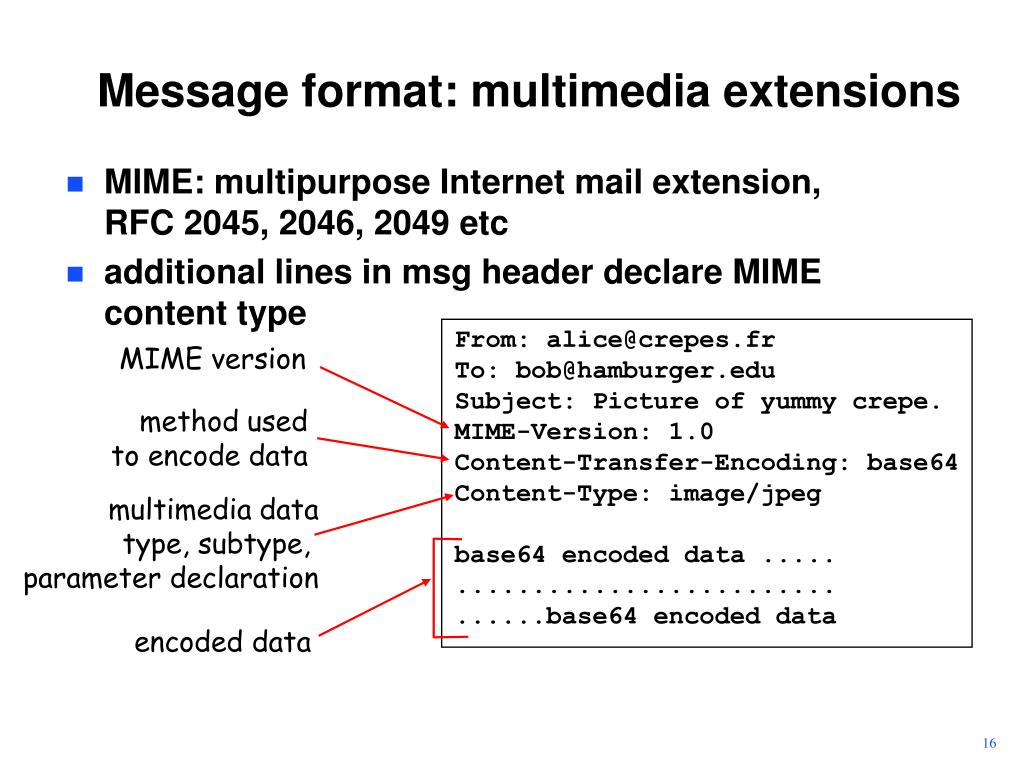

- #BENEFITS OF BASE64 ENCODING HOW TO#
- #BENEFITS OF BASE64 ENCODING SERIES#
- #BENEFITS OF BASE64 ENCODING WINDOWS#
While it may obfuscate that actual data from should surfers, anyone who has access to base64 encoded data can easily decode it. Rather it is a useful way of transferring or storing large data in the form of a string. Base64 is not EncryptionĮncoding files is not encryption and should never be used to secure sensitive data on disk. In short, base64 encoding ensures the integrity of our data when transferred over the network. The reason is ASCII files are string converted to bytes, and when those bytes are decoded incorrectly back to ASCII your data becomes corrupt.īase64 was introduced as a way to convert your ASCII data into arbitrary bytes, where they could then be transferred as bytes, and decoded correctly back to ASCII. Transferring an ASCII file over the network can cause corruption if not decoded correctly.

OSX also comes bundled with its own version of base64. You should not have to perform any additional steps. If you are running popular linux distributions, such as Ubuntu, Debian, CentOS, or Red Hat, the base64 command-line tool is typically pre-installed.

#BENEFITS OF BASE64 ENCODING HOW TO#
How to base64 encode on Ubuntu, Debian, OSX, and Red Hat One being is ensuring data integrity when transferring data over the network, while another is storing Secrets in Kubernetes.Īfter reading this tutorial you will understand how to easily encode files or strings, and then decode them back. You will also learn what base64 encoding is and why it should never be used to protect data from unauthorized access.īase64 encoding and decoding data has many use cases. ::ASCII.In this tutorial, you will learn how to base64 encode and decode from the command-line on Linux. To convert to and from UTF-16LE (“Unicode”) or ASCII instead, substitute ::Unicode and ::ASCIIfor ::UTF8 respectively.Įxample Syntax: ::Unicode.GetString(::FromBase64String("YmxhaGJsYWg=")) NET library, we can directly convert to and from other string formats such as Unicode or UTF-8.
#BENEFITS OF BASE64 ENCODING WINDOWS#
However, with Windows PowerShell and the.
#BENEFITS OF BASE64 ENCODING SERIES#
This article kept defining Base64 encoding as a series of bytes converting to an ASCII string format. NET library:Ĭonverting to Base64: ::ToBase64String(::ASCII.GetBytes('Motorhead'))Ĭonverting from Base64: ::ASCII.GetString(::FromBase64String('TW90b3JoZWFk')) The following examples below will convert to and from UTF-8 encoded string formats using the. On converting to Base64, you must first obtain a byte representation of the string you’re trying to encode using the character encoding the user of the Base64 string expects.Īlso, on converting FROM Base64, you must interpret the resultant array of bytes as a string using the same encoding that we used to create the Base64 representation. Therefore, you must always explicitly specify what character encoding the Base64 bytes should represent. While the Base64 encoding method can encode plain text, its real benefit is encoding non-printable characters interpreted by transmitting systems as control characters. In addition, the decoded data is 3⁄ 4 as long as the original string syntax. In technical terms, Base64 encoding converts three 8-bit bytes into four 6-bit bytes, consisting of bits numbered 0-63, thus the name Base64. This article will show you the possible methods of converting to and from Base64 using Windows PowerShell and the. There are no Windows PowerShell-native commands for Base64 conversion (as of PowerShell 7.1). Created: January-03, 2022 | Updated: April-01, 2022īase64 encoding is one of the methods of binary-to-text encoding methods that will represent binary data to a more readable string format.


 0 kommentar(er)
0 kommentar(er)
